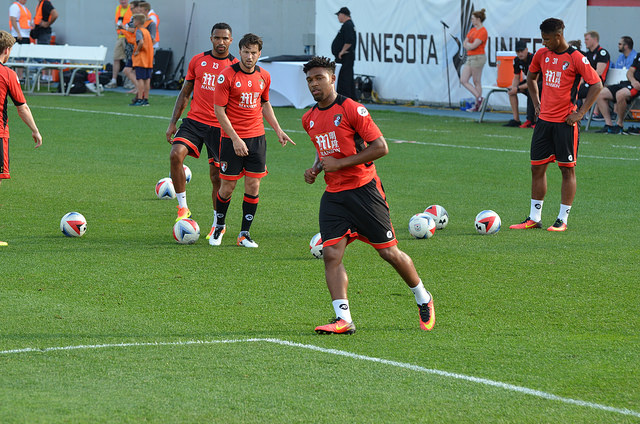Friday 7th October 2016.
As clubs become ever more focused on the value of their crop of young talent, especially the limited number of home-grown players, the question of contract duration rears its head.
So how long should a young player’s contract be? It’s an interest question to ponder and there are important implications for both club and player.

The first factor to consider is the age the player will be when the proposed contract expires. The reason for this is that the colloquially termed ‘Bosman ruling’ dictates that within the U.K. a player over the age of 24 is entitled to move clubs at the end of his contract as a ‘free agent’ with no fee payable for his registration.
Thus the first consideration for a club might be to protect their asset if he will become free should the proposed contract run to its full term. This of course would mean even a 5 year contract would fall short of this deadline if the player were 18 or younger at the time of its proposal. For players over 18, contract duration can have technical implications as regards their ability to leave as free agents.
In reality, the likelihood of a long contract running its full duration where the player develops as expected is slim, as we’ll see.
Next, the club needs to decide the extent to which it backs its judgment of the player’s potential. Most contracts run for periods of between 2 and 5 years. A 2 to 3 year contract could be regarded as shorter term and a 4 to 5 year contract longer term. A club would expect players to be showing evidence of their playing potential by the time they had completed around half their contract period. On this basis, for players under shorter term deals, the club would be reaching conclusions about their future after 12 to 18 months and for those on longer term deals after 2 – 2 ½ years.
If the player fails to live up to these expectations the club might reasonably begin to think about letting them move on thereby limiting the club’s exposure to what they would consider a failed speculation.

But herein lies the rub, the shorter term contracted player will likely be feeling frustrated and concerned after this initial disappointing period and his relative lack of security and opportunity will motivate him to consider moving before his contract expires. But the player on the longer term deal will still have a good period of time to run which might reduce his motivation and increase his belief he can change things for the better even if the club is disinclined to agree.
In the case where the player delivers as expected, the club will want to secure his registration preventing him from being able to exploit the Bosman ruling to his own advantage and the detriment of the club. But for players on shorter term contracts this means the club needs to act swiftly, perhaps after only one season. And what if the player’s progress in the first year was unconvincing or interrupted by injury but picked up in the second season? Even players on three year deals who would qualify as ‘Bosmans’ will be aware of the looming date upon which they become free market targets and will feel they hold the best cards.
As mentioned earlier, players on the longer term deal whose performance is good tend to be re-signed by the club well before the end of their contract thereby protecting the club’s investment. In this case the club is in control as the player will be reluctant to resist the increased wages on offer in return for the new, longer commitment even though they might not represent the market rate.
So what does this add up to?
One conclusion albeit simplistic is that for players out of their teens, the shorter 2 or 3 year contract favours the club if the player fails to produce the expected performance but makes the club vulnerable should the player deliver as hoped. To put it another way, if things don’t go to plan a player is better off with the longer 4 or 5 year deal at the expense of the club.
You might say, for any player of 21 or older, in order to protect their investment the club should agree a contract duration that reflects the strength of belief they have in the likelihood of the player fulfilling his potential. Too long and wage costs and lack of motivation make for a bloated squad but too short and they run the risk of losing him on the cheap.
